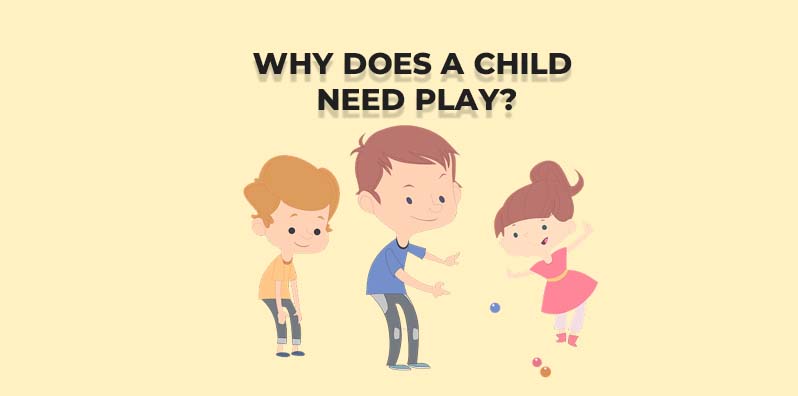
Play plays an incredibly important role in a child’s life as it supports their development in multiple areas: physical, emotional, social, and cognitive. From a very young age, children learn through play, which is their natural way of exploring the world and enhancing their skills.
During play, children develop their physical abilities. Activities such as running, jumping, and playing games strengthen muscles, improve coordination, and teach them how to control their bodies. This helps young children become stronger, healthier, and better prepared for everyday challenges. Play also supports emotional development. It provides a safe environment for children to express their feelings, both positive and negative. Through play, they can process difficult emotions such as fear or frustration, building a sense of security and emotional resilience.

The social benefits of play are equally significant. Engaging with peers teaches children cooperation, communication, and negotiation skills. Play allows them to understand the importance of sharing, taking turns, and following rules. It is through play that children form their first relationships, which become the foundation for functioning within a community.
Play also has a profound impact on cognitive development. Through various activities, children enhance their imagination and creativity. Role-playing, building with blocks, or solving puzzles help them develop problem-solving skills, logical thinking, and the ability to plan their actions. These skills are crucial for later life when they will face more complex challenges.
Additionally, play fosters language development as children communicate, learn new words, and practice expressing their thoughts. This is especially important during the preschool years when language skills grow rapidly. Furthermore, by exploring the world through play, children gain knowledge about their surroundings, sparking curiosity and encouraging further discovery.

It’s also essential to note that play brings children joy and relaxation. It’s a moment for them to take a break from daily responsibilities or learning while still developing in a natural and enjoyable way. The happiness derived from play builds their sense of well-being and strengthens relationships with others, including both peers and adults.

In conclusion, play is far more than just entertainment. It is a fundamental aspect of a child’s holistic development, enabling them to acquire skills and prepare for life within society. Therefore, it is crucial to create opportunities for children to engage in different types of play, tailored to their age and interests.

